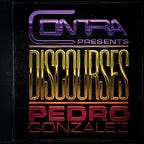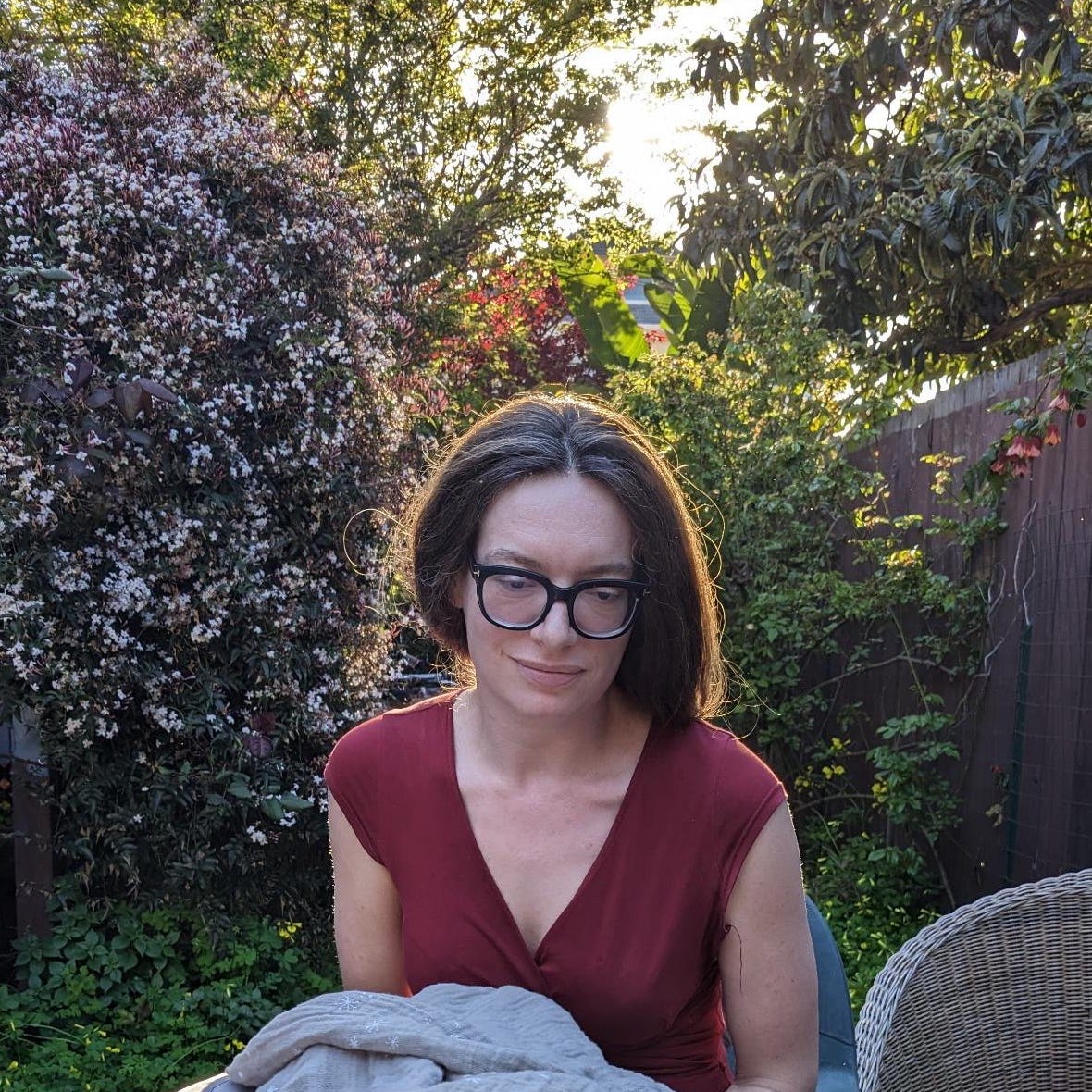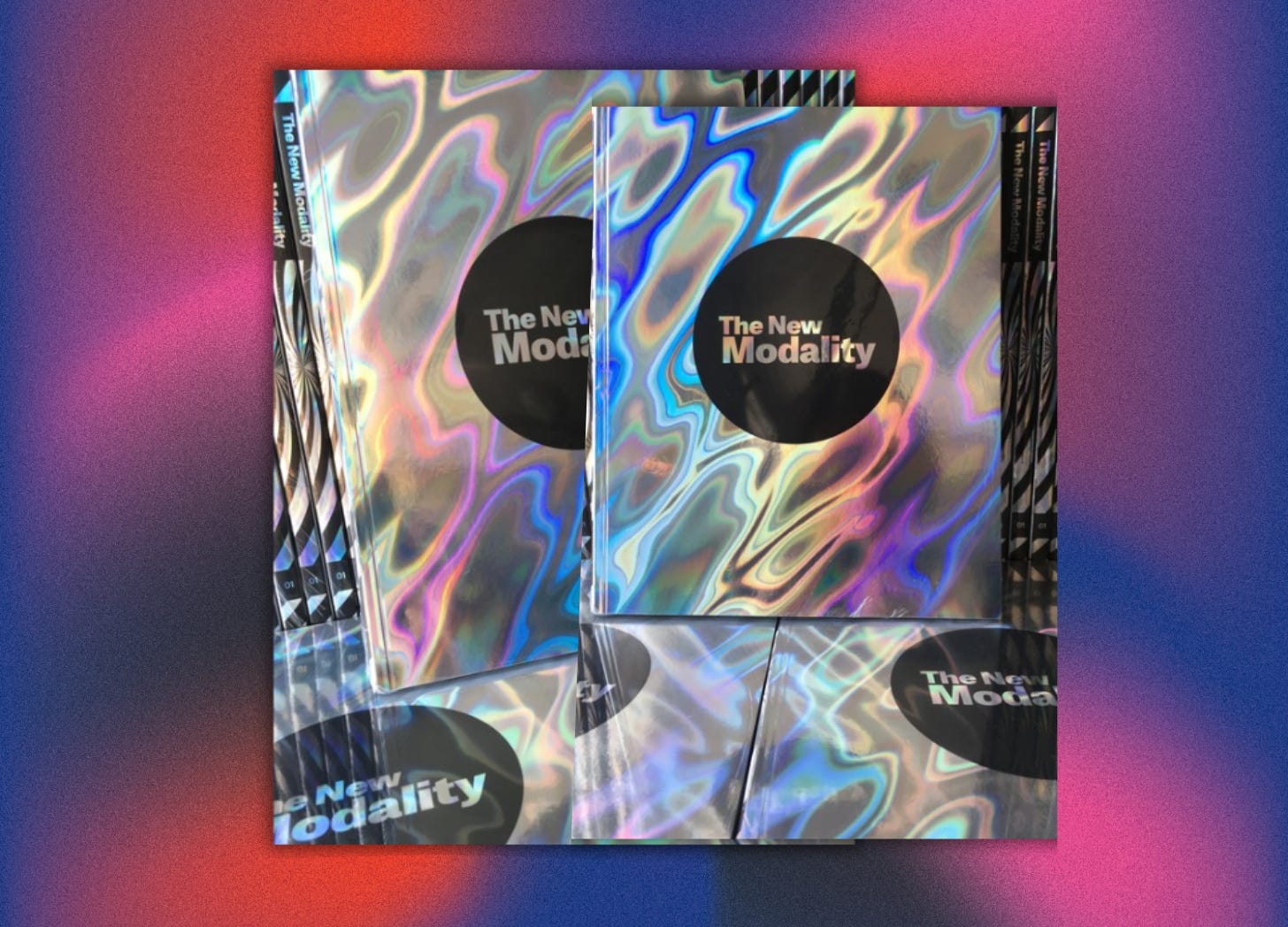A few months ago, I came across an essay by someone named Lydia Laurenson. I had no idea who she was, but the title of what she wrote caught my eye: “Why I Was Part Of The Neoreactionary or Dissident Right Movement In 2020.”
Lydia described a familiar journey that took her from one political tribe on the left to another on the right and then no tribe at all. And although we had never met, we tracked along parallel roads, occasionally encountering the same people on that weird way. In fact, it turns out that Lydia was engaged to Curtis Yarvin around the time I first met him.
Like Lydia, I thought the “Red Tribe” was promising. There’s a joy that comes with undertaking new political endeavors, feeling like you’ve finally found the right camp to bivouac with. It’s natural, but also often an illusion. Politics, in the low sense, is just one type of building material, and an unstable one at that.
There’s a discussion here about the meaning of the political. For Aristotle, it meant the human things that happen within a city, the participation in self-governance, a means toward cultivating a flourishing that is essential for a life well-lived. That is obviously not what most people have in mind when thinking about, let alone forming, political movements and identities. Realistically, no one thinks like that anymore. You get laughed at for even proposing such a thing. But I think there’s a gradient, a spectrum between utopianism and open psychopathy. In my experience, the left is inclined toward the former, while the right leans toward and indeed currently revels in the latter.
I think that building around shared cultural and civilizational interests is one of the only meaningful kinds of projects that people can shoulder right now. Lydia briefly published a magazine with that aim in mind. It was called The New Modality, and it had one of the coolest aesthetics I’ve seen for a publication. You can still get copies of it on BackerKit.
Lydia and I talked all about her magazine, her background and unlikely political journey, and her work as a researcher of polarization and misinformation. Some of the findings she made seem counterintuitive. Here is one that we discussed:
The best research studies we have do not indicate that digital media is increasing polarization. It’s still possible that digital media is driving polarization, but explanations for how it would be doing that are becoming increasingly baroque due to the contradictory evidence.
She also found that echo chambers aren’t as prevalent as they seem, or at least that you have to really go out of your way to cocoon yourself. That raises a lot of questions about how people actually choose to interact with information online.
We touched on that and a lot more in this episode. I hope you’ll enjoy it.
















